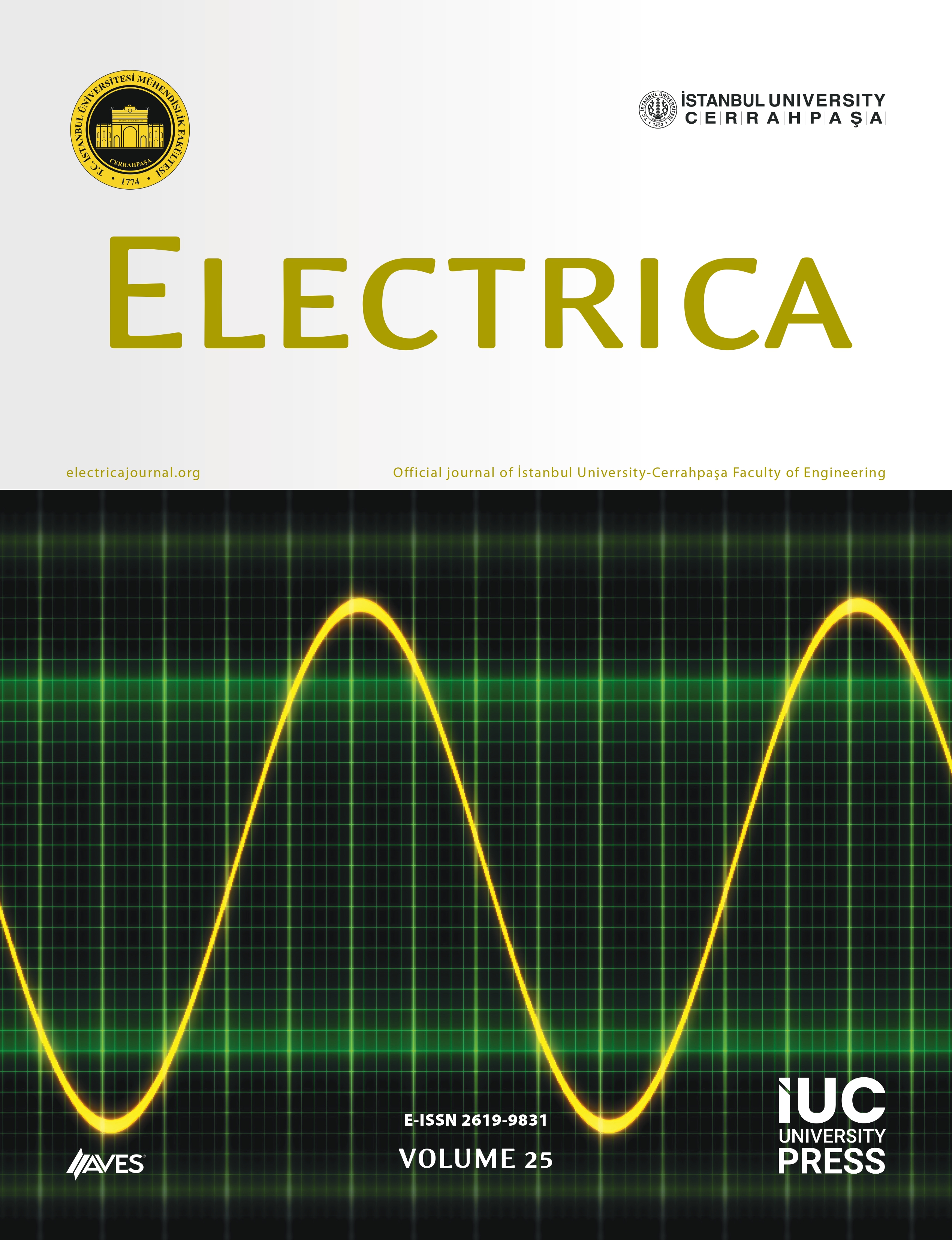Abstract
Asynchronous motors (ASMs) have attracted significant attention due to their extensive use in industrial applications and processes, particularly when it comes to adjusting speeds. Several speed control methods, including fuzzy logic-direct torque controller (FL-DTC), have been suggested to regulate the speed of ASMs by accurately following the desired reference speed. The fluctuating reference speed directly influences the operational frequency of the ASM stator current, a critical factor in the identification of bearing faults (BFs). Notably, BFs contribute to 40% of all ASM failures. This article describes the detection of BFs in ASMs via a combination of the Hilbert transform (HT) and the FL-DTC. Hilbert transform is employed to analyze the non-stationary nature of the stator’s current with speed variations. These variations come in two forms: those caused by the control itself and those resulting from BFs. The FL-DTC control contributes to reducing current harmonics, torque, and speed ripples. This highlights and makes the effects induced by BFs more distinct, thus rendering them more proportional. As such, the FL-DTC control is not only employed to enhance the performance of the ASM, but it is also utilized for the diagnosis of BFs. The performance of the selected approach is tested in the MATLAB/ Simulink environment.
Cite this article as: A. E. Idrissi, A. Derouich, S. Mahfoud, N. El Ouanjli, A. Chantoufi, and M. I. Mosaad, “Asynchronous motor bearing fault diagnosis and speed control using fuzzy logic-based direct torque controller,” Electrica, 25, 0121, 2025, doi: 10.5152/electrica.2025.24121.



.png)

.png)